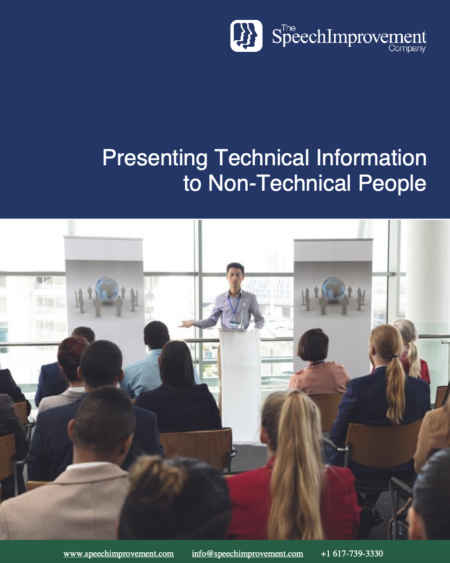 What does that title mean? The actual context for your listeners is what they have experienced before they begin listening to you speak. The framework can include such things as:
What does that title mean? The actual context for your listeners is what they have experienced before they begin listening to you speak. The framework can include such things as:
- Local or global political breaking news
- Weather
- Challenges with the venue or room
- Personal issues
Foremost in their mind is anything that your listener has heard, said, felt, or experienced just before giving you their attention. If you can observe their body language and facial expressions as they arrive, you can sense it. You may be thinking, “I have no control over that, nor can I even know what those things maybe.” First let’s address an example of something you should know about and secondly, more commonly the things you will not know about (unless you are psychic). Both are important to understand.
It’s essential to have the sensitivity to something that may have just broken in the news that is either relevant to the industry or topic which you are speaking about or something so huge it affects everyone. For example:
I know of a real estate broker who always had a sales meeting on Tuesday morning at 9:30. He was eager for the agents to arrive on time as he had a lot of essential things to share. On September 11, 2001, the agents arrived having listened to the news on the radio and were very distracted. Some had opened their computers, and of course, everyone was trying to find out more information. One agent suggested they should cancel the meeting, and the broker said: “No, whatever is going on, you can find out after our meeting.” He then began to conduct the meeting while everyone was distracted. One by one people left because they could see on their laptops that the news was huge. The broker acquiesced and canceled the meeting but not without a high cost to his reputation. He appeared insensitive, out of touch and misguided as the reality of what happened came to light.
Eighteen years later, people now have breaking news in their pocket! Have a colleague check the news for you just before speaking just in case something happened that you need to acknowledge. You shouldn’t do it so you can stay focused on your session.
What can be done about the things you don’t know about that every human carries in their psyche? Most speakers begin speaking and hope that people will pay attention to them Instead, we recommend that you capture and engage your listeners immediately in the opening by telling them WHY they should listen and HOW they will benefit from listening. Deliver this message with energy and authenticity. Nothing will engage the attention of the listener more unless you can begin with a backflip.
Finding the ‘WHY’ can be challenging to determine sometimes as there may be a benefit to the department, the company, the world, the country, and the individual. The better you can articulate all of the benefits, the more engagement you will have. The one thing you can count on is humans are always thinking about themselves!




